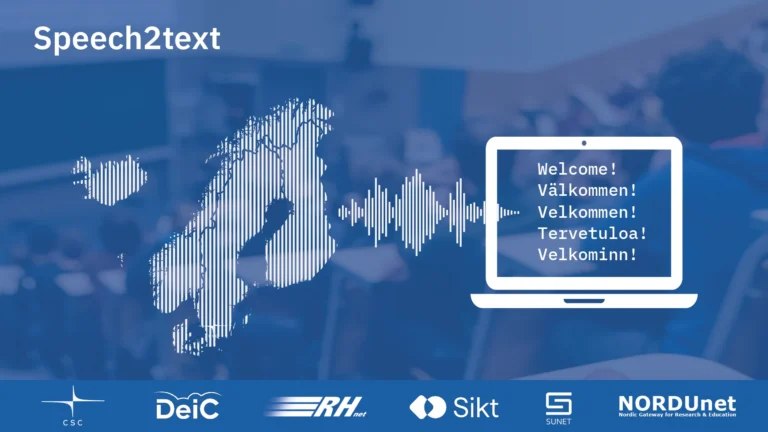Using the most northernly subsea cable system in the world, Norwegian NREN UNINETT on 9 May started servicing the arctic research facilities at Ny Ålesund, Svalbard, with highspeed network connectivity. The connection replaces a radio link with far less capacity.
The Ny Ålesund facility is a unique resource for global research. Located at 78°55′30″N, it offers research teams opportunities found nowhere else. Ny Ålesund is a global research facility used by reasearhers from all over the world.
One unique feature of the Svalbard facilities is that despite being in the arctic region they are accessible via daily flights and high-quality commuinications infrastructure. UNINETT has for more than 10 years operated a subsea fibre cable connection to Longyearbyen in Svalbard, securing high-speed connectivity to researchers and students at the UNIS university centre as well as other researchers in the area. With the new subsea cable system from Longyearbyen to Ny Ålesund, this service has now been extended to the unique researh facility found there.
Read more about the Ny Ålesund cable system at the UNINETT website.











